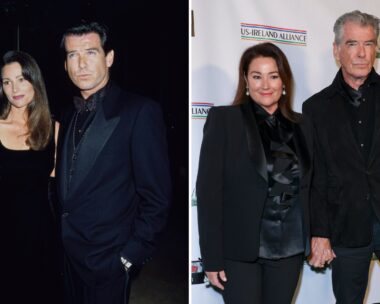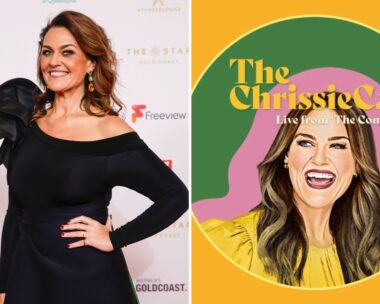It’s one of the most hotly-debated therapies in women’s health, described as everything from a poison to a panacea.
And ever since an explosive 2002 study found hormone replacement therapy (HRT) increased the risk of breast cancer, there’s been a large drop in the number of women taking it for menopausal symptoms.
Today, only eight per cent of menopausal Australian women use conventional HRT, according to research by the Women’s Health Research Program at Melbourne’s Monash University.
However, with between 20 and 25 per cent of women suffering severe symptoms that interfere with their everyday life, has the pendulum swung too far?
In an in-depth feature in the April issue of The Australian Women’s Weekly, a range of experts, researchers and women share their views on this polarising and complex issue.
HRT, they agree, is very effective – but the health risks remain a source of controversy and vary enormously according to each women (interestingly, some women who start HRT early in menopause may even benefit from a lower risk of death or heart disease).
Dr Andrew Pesce, of the Australian Medical Association, reveals how medical advice has changed dramatically since he was a medical student and HRT was routinely recommended for all women indefinitely at menopause – to now when it’s usually limited to short-term use.
Meanwhile, Associate Professor John Eden, head of the Sydney Menopause Centre at the Royal Hospital for Women, tells of fallout including depression, marriage breakdowns, job losses and even suicide as a result of severely-affected women being too afraid to take HRT.
“I’m amazed at how many of these women come to see me with a friend because their partner or husband has gone,” he says. “I never used to prescribe antidepressants – now it happens all the time.”
However, Professor Karen Canfell of the Cancer Council NSW, maintains it’s important that women are informed that the risks of HRT are real. “The Cancer Council’s position is that there’s a large body of evidence both internationally and in Australia that has found an increase in the risk of breast cancer in women who use HRT,” she says.
Doctors say the increased risk of breast cancer is comparable to that of drinking a couple of glasses of wine a night, being overweight or having your first baby after the age of 35.
To find out more about HRT, pick up a copy of the April issue of The Australian Women’s Weekly, on sale now.





